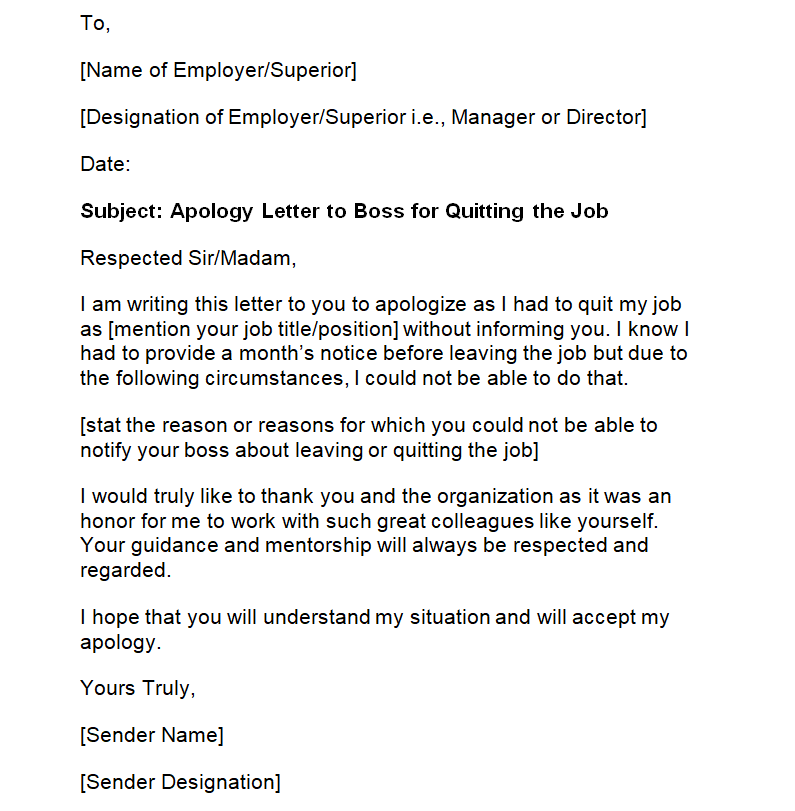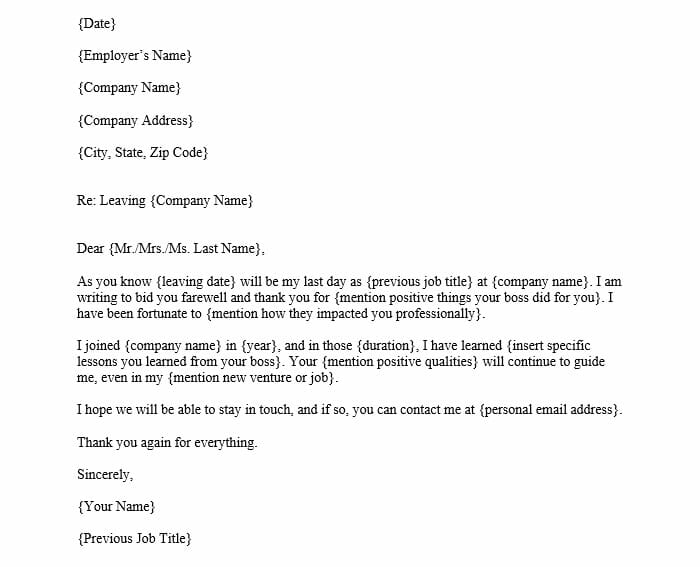How To Tell Your Boss You're Thinking Of Leaving

Navigating the professional landscape can be complex, especially when considering a career change. One of the most delicate conversations an employee can have is informing their supervisor about the possibility of leaving their current role. Knowing how to approach this conversation strategically and professionally can pave the way for a smooth transition and maintain positive relationships.
This article provides a guide on how to broach the subject of potential departure with your boss, ensuring that your interests are protected while upholding your professional integrity. It delves into the when, why, and how of this sensitive discussion.
Understanding the Significance
Discussing your potential departure with your boss is a significant step that can have lasting implications. A poorly handled conversation could damage your professional reputation and hinder future opportunities. Conversely, a well-managed discussion can lead to valuable references and continued networking opportunities.
According to a 2023 Gallup poll, nearly half of the U.S. workforce is actively looking for new jobs or watching for openings. This highlights the prevalence of career transition and the importance of managing these situations effectively.
Key Considerations Before the Conversation
Before even considering the conversation, take time to reflect on your motives. Are you seeking a higher salary, better benefits, or a more fulfilling role? Clarity on your reasons will help you articulate your thoughts and needs to your supervisor.
It's crucial to have a clear understanding of your next steps. Have you secured another job, or are you still exploring options? This will influence how you frame the conversation with your boss. Be aware of your company's policy, such as the required notice period.
Approaching the Conversation
The timing and location of the discussion are crucial. Choose a time when your boss is likely to be less stressed and more receptive. A private meeting in their office, or a quiet corner during off-peak hours, is preferable to a rushed hallway conversation.
Begin by expressing gratitude for the opportunities and experiences you've gained at the company. This demonstrates respect and acknowledges the value of your time there.
Be direct but diplomatic. Avoid blaming the company or colleagues for your decision. Instead, focus on your personal career goals and how they align with your potential departure.
Sample Conversation Starters
Here are a few examples: “I wanted to have a conversation about my future career goals, and I’ve been exploring other opportunities that might be a better fit.” Or, “I value my time here, and I wanted to give you a heads-up that I’m considering making a career change."
“I am in the early stages of exploring new opportunities that align with my long-term career aspirations. I wanted to be transparent with you about this." These examples show honesty without revealing too much information.
Navigating the Aftermath
Be prepared for your boss to react in various ways – they might be supportive, disappointed, or even try to offer a counteroffer. Respond respectfully, regardless of their reaction, and reiterate your reasons for considering a change.
If you receive a counteroffer, carefully consider the implications. While it might seem tempting to stay, ask yourself if it addresses the underlying issues driving your desire to leave in the first place.
Maintain open communication with your boss throughout the transition. Offer to assist in finding and training your replacement to ensure a smooth handover. This will solidify your reputation as a professional and responsible employee.
Protecting Your Interests
Document everything. Keep a record of your conversation, any agreements made, and the timeline for your departure. This will protect you in case of any misunderstandings or disputes.
Consult with an employment lawyer or career advisor if you have any concerns about your rights or the company's policies. It is your right to consult with experts.
Conclusion
Telling your boss you're considering leaving is a challenging but necessary conversation in the modern workplace. By approaching the discussion strategically, maintaining professionalism, and protecting your interests, you can navigate this transition smoothly and preserve valuable relationships. Honesty and transparency are key to a positive outcome.














:max_bytes(150000):strip_icc()/2060865a-a00dd037c25547df8a83c13bb57cd695.jpg)

:max_bytes(150000):strip_icc()/how-to-tell-your-boss-you-re-quitting-your-job-2063035_FINAL-5b88037cc9e77c002cc6f46c.png)

